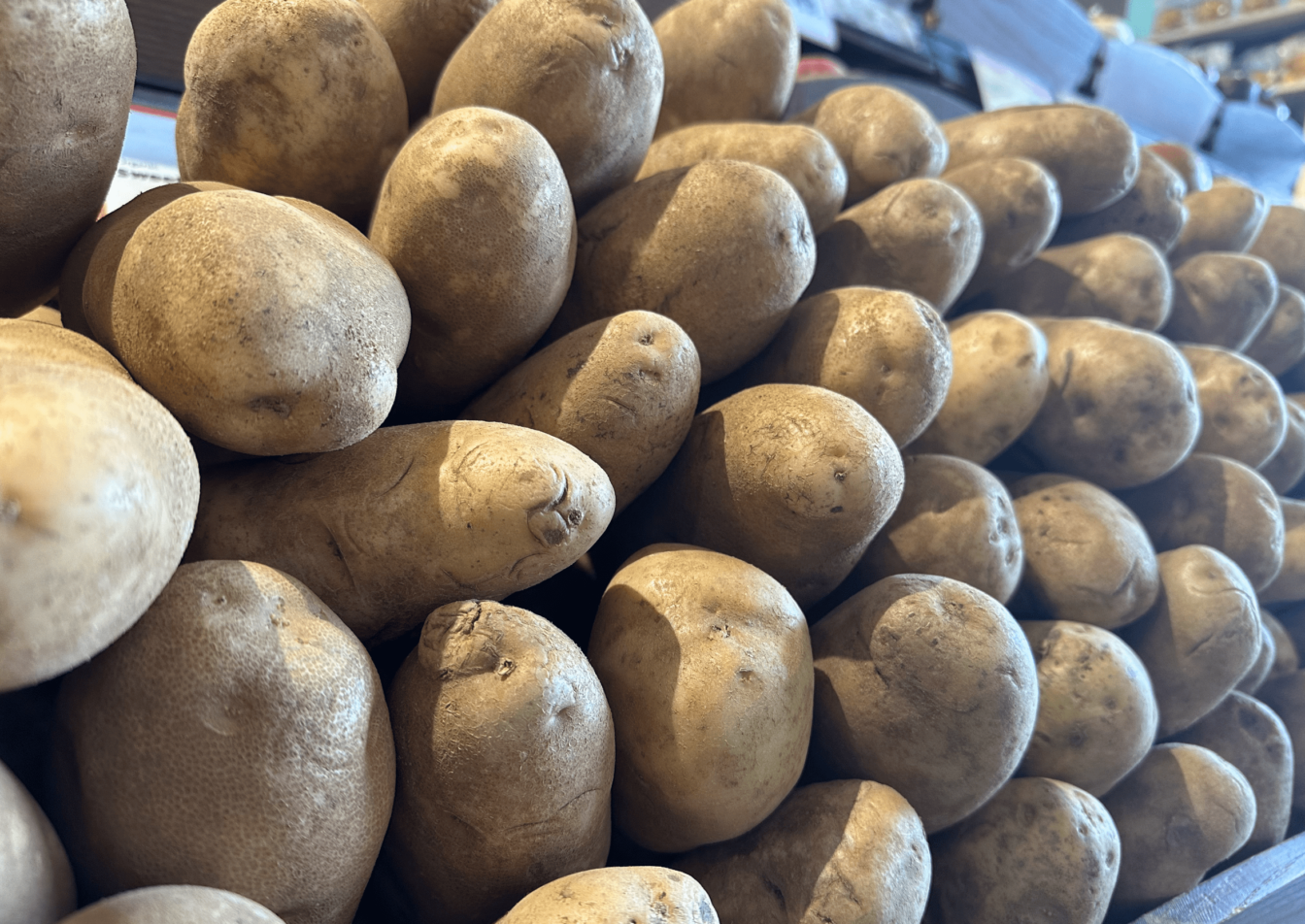The College of Agricultural and Life Sciences Seed Potato Certification Program finalized a public-private partnership this January. The Wisconsin Potato Coalition will take over management of the Leila Starks Early Generation Seed Potato Farm in Rhinelander, Wisconsin, allowing the research branches of the certification program to devote more time and resources to potato research.
Wisconsin produces 65,000 acres of potatoes, third only to Idaho and Washington in nationwide production.
Healthy, purebred seed stock is essential for the industry’s survival, CALS Seed Potato Certification Program Director Amanda Gevens said. The Leia Starks farm and 21 associated seed farms have provided much of that seed stock for the past 50 years.
The UW Seed Certification Program conducts potato disease research and maintains healthy potato cultures on campus. Over 104 years old, the program ensures Wisconsin farmers receive the knowledge they need to combat new pests, diseases, droughts and other growing problems, Gevens said.
Over the past few years, innovations in research and diagnostics have expanded the program’s reach and left fewer resources to manage the Starks farm, campus greenhouse and research.
In 2021, the seed potato farming community offered to help.
“What they essentially said was, ‘We’ll farm the potatoes, do the agronomy and take and distribute seed potato orders,” Gevens said. “Our program in CALS will continue to do all the other pieces.”
A year of discussion ensured a smooth transition in January 2023. The partnership allows the Wisconsin Potato Coalition to better support the Wisconsin potato industry, according to WPC director Kevin Schleicher.
Four farms with hundreds of years combined growing experience partnered to form the WPC and manage the Starks farm — Eagle River Seed Farm, Baginski Farms, Schroeder Brothers Farms and J.W. Mattek & Sons. Having four diverse farms head the WPC ensures no grower is left unrepresented, Gevens said.
Preserving the Starks farm as part of the UW Potato Certification Program ensures seed potato certification and production continue as the UW Program expands its research, Schleicher said.
The WPC farms were chosen to represent all the potato varieties Wisconsin farmers grow — including russet, yellow and red potatoes. Varieties produce several market classes or categories of potatoes. ‘Fresh market’ potatoes go to produce sections of grocery stores, ‘chipping’ potatoes to french fry production and ‘creamer’ potatoes to instant potato products.
No change in ownership or production occurred in the public-private partnership, Gevens said. The Starks farm will produce its usual crop of seed potatoes in 2023, and research has not slowed or stopped during the transition.
The Starks Farm’s story is much older than the WPC. Fifty years ago, prominent potato grower Leila Starks saw the importance of quality seed stock and donated funds to purchase 400 acres in Rhinelander, Wisconsin. Because Rhinelander is farther north than the commercial potato crops, it prevents cross-pollination and infectious diseases from harming the seed crop, Gevens said.
“Our partnership with the WPC continues Leila’s vision,” Gevens said. “We wanted to build [a collaboration] that really synergized our research and efforts to support the potato industry.”
UW’s contributions to the potato industry ensure potatoes can thrive in Wisconsin’s particular environments. Each growing region poses a unique set of challenges and benefits, Schleicher said.
Climate, soil type and diseases vary region to region. But it’s inefficient for farmers to solve problems regarding plant hardiness, pest infestation, dry spells and other crop difficulties on their own.
As the state university, UW applies large-scale resources to agricultural issues, while tailoring them to local situations. For example, a current research project is testing yellow potato varieties to determine which grows best in Wisconsin soil, Schleicher said.
Through the WPC and UW partnership, farmers get better access to the university’s research, and collaboration between the certification program and growers is more efficient since growers themselves are running the farm, Gevens said.
UW benefits not only from the assurance of continuing excellence in seed potato production, but also from the technological innovations the growers bring to the farm. New planter technology provided by the WPC only requires two people to plant the potatoes, Schleicher said. Past planter machines required six operators. New techniques both increase seed potato quality and the amount produced.
“Agriculture is one of the most important parts of the Wisconsin economy — the livelihoods of our farmers,” Schleicher said. “UW’s mission to provide progress within our state means with our partnership, we’ll not only be able to grow the food we eat every day, but compete with the potato industry in other states.”


